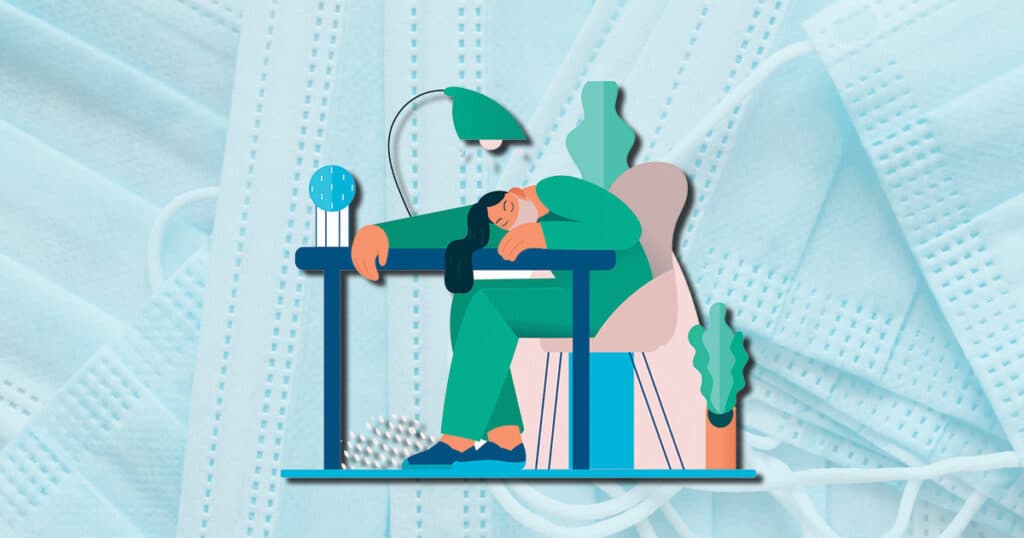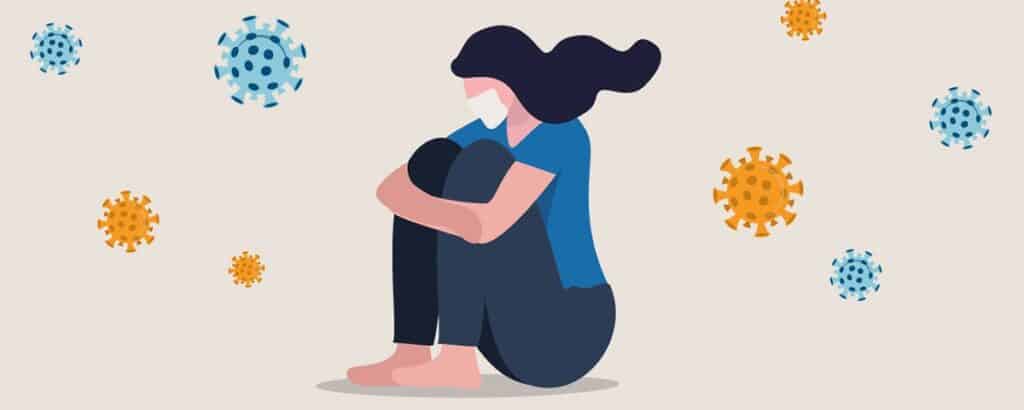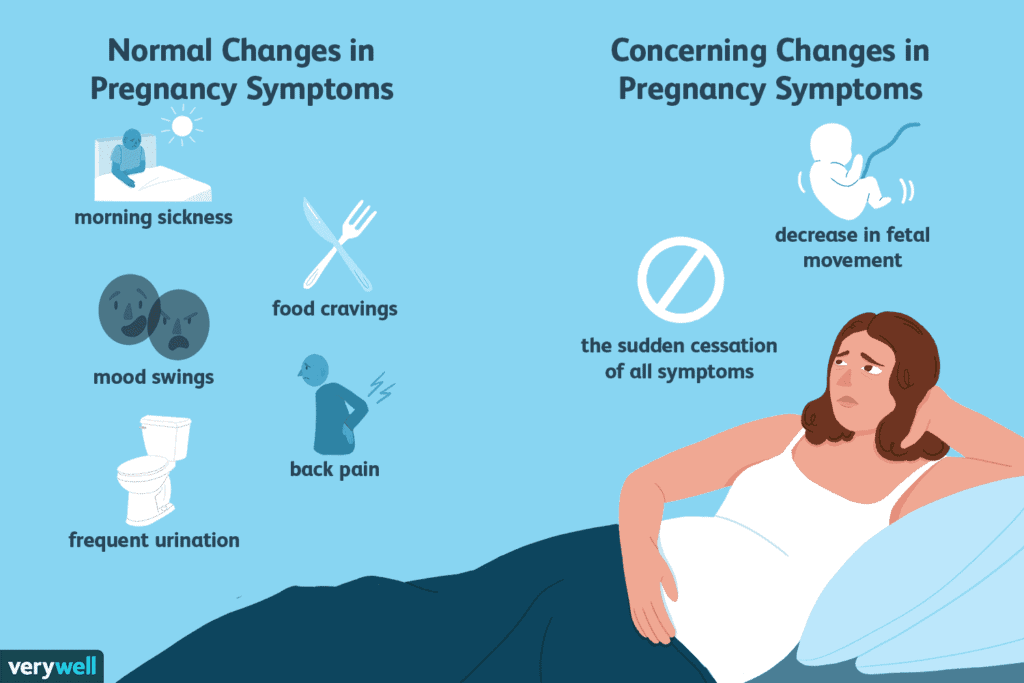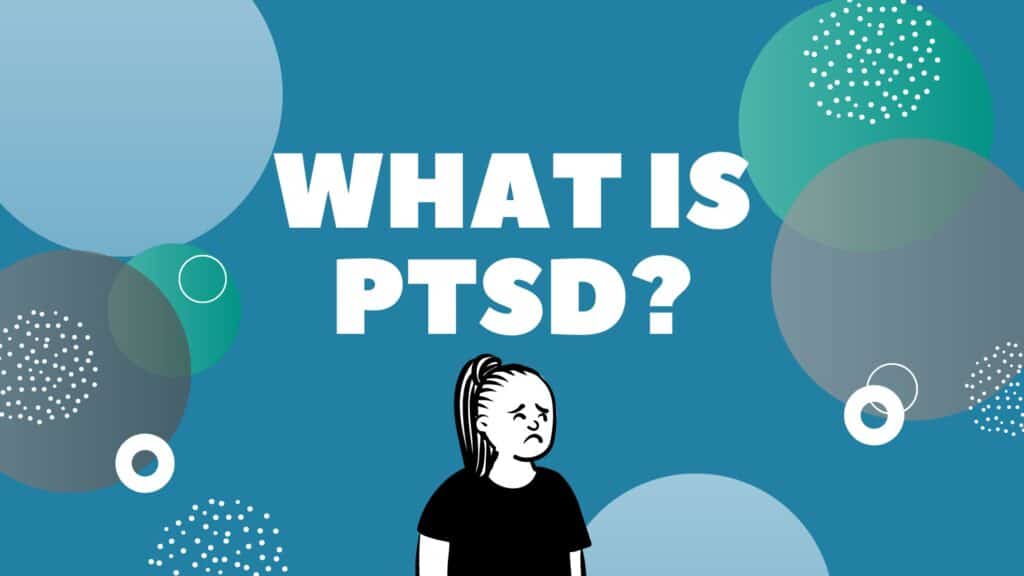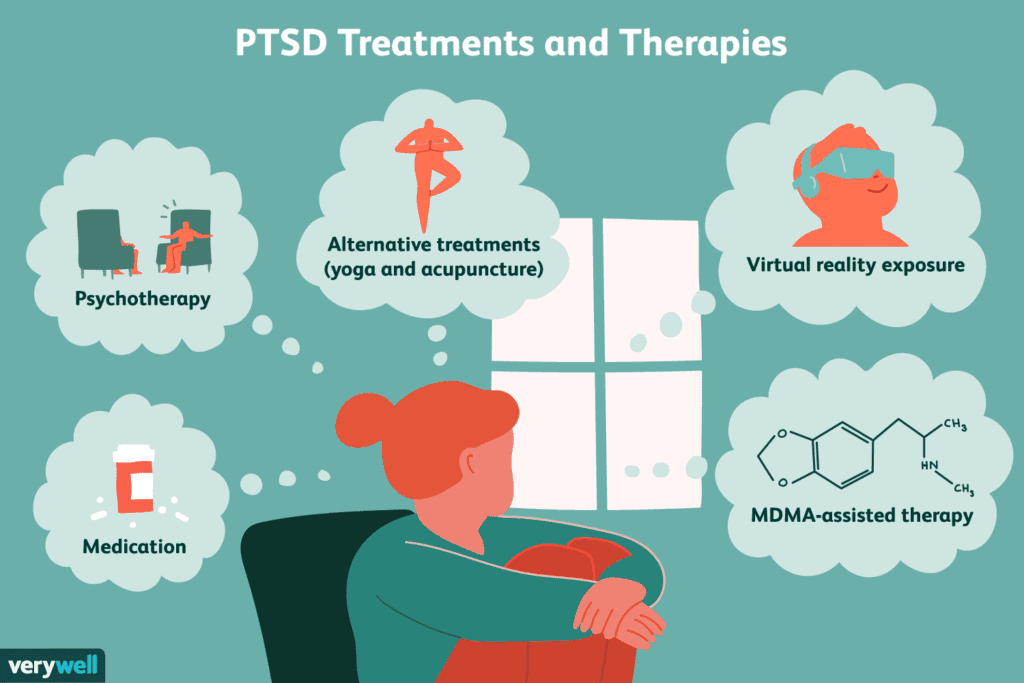Breaking Down FOMO: Missing Out
Breaking Down FOMO: Fear of Missing Out
Hoping to be present when there’s something important going on can be naturally expected from human beings.
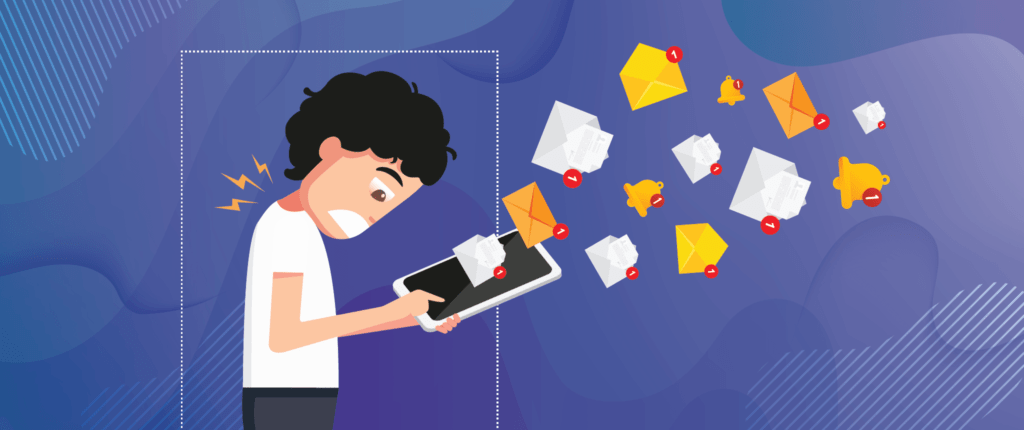
The term ‘important’ also implies fun, exciting, joyful. This Hope is an innocent trait that doesn’t require too much of a deeper dig to explain it. It motions that we humans seek positive experiences with with each other.
But concern arises when the hope is accompanied by bouts of desire, fear and convincing tales which prove that your worthiness is determined by your social circles and the shenanigans you have together.

The latter is so common, that it has a fancy term for it, Fear Of Missing Out!
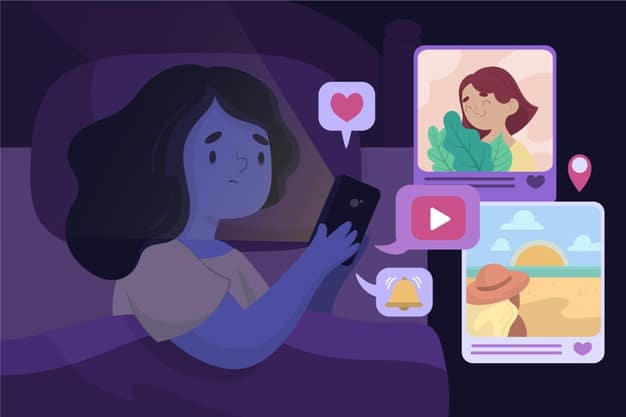
A little bit of FOMO has always existed in us, from the times of the newspaper and radio to our age of sophisticated gadgets. It’s considered to be an epidemic today, where one constantly keeps themselves updated with the occurances of the world, keep watchful tabs over people they barely know and to pick up the phone every few minutes to make sure that they aren’t missing out on the opportunity for a potential connection with someone online.
This frantic effort to keep oneself in touch with everything that’s going on stems from the clubbing of two kinds of anxiety- social anxiety and survival instincts.
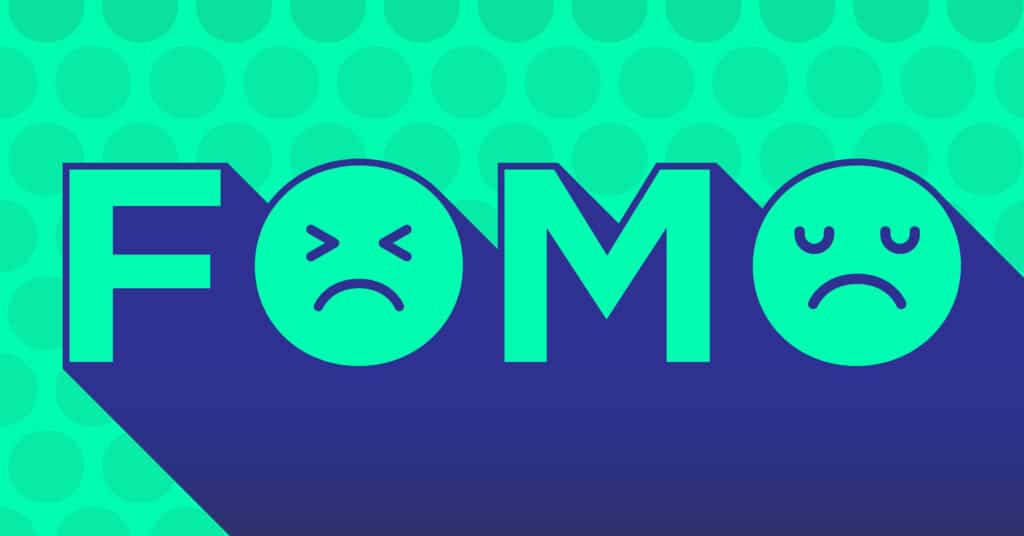
Humans are social beings and one of our biggest drives is to find belongingness. Lonliness and isolation directly links to the feeling of being unable to deal with a probable threat. This is because the rate of survival of a group has proven to be higher than the survival rates of individuals in solitude in evolutionary prospects.
One of the biggest factors creating a baseline for FOMO in adulthood is emotional neglect during the childhood.
Those who experience neglectful parenting styles are posed with high demands and low emotional warmth and report to have the highest amount of FOMO.
Children are left with a feeling of isolation and inadequacy when parents provide minimal amounts of time and attention to their care. They need to feel loved, acknowledged and secure in order to be able to build a strong sense of identity.
The assurance that their presence matters is extremely important for the child to develop confidence and esteem. And this in turn, helps them feel important in social settings.

Any compromise with early care can leave the child with doubts and distorted perceptions of the self. Observing their peers and comparison of parent-child dynamics can create an overwhelming sense of longingness for attention.
Most children turn to external settings in order to make up for the scarcity of parental affection.
The need to be present at every possible social event stems from the fear of losing an opportunity to make a potential connection. Not being invited to a particular occasion stirs up feelings of betrayal, incompetence and loss.
The easy accessibility of social media adds on to the baggage with people’s tendency to document their activities online, which leads to more cycles of comparison and suffering.
Parents need to be mindful of their interactions with their children and should adopt an authoritative style which includes high warmth and assertive to curb the social anxiety and regulate the by products of the use of social media.






